Spied-on Activist Demands Answers at European Parliament
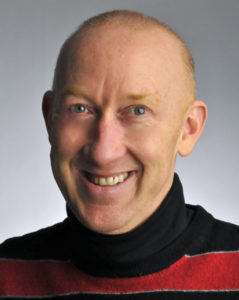
Jason Kirkpatrick
Whilst the slow progress of the undercover policing inquiry has left most of the important questions unanswered, it nonetheless offers the possibility of a measure of truth and justice. However, as it is limited to examining events in England and Wales, people targeted by Britain’s political secret police in other countries have no such hope.
One of these is Jason Kirkpatrick. On 6 September 2017 he addressed MEPs at the European Parliament:
One day in late 2010 I came home after a long day, turned on my computer, and opened up an email from a friend asking me: “Have you seen this link?”
I clicked on the link, and an article opened up, with two big pictures of my good friend Mark Kennedy on it. The headline read, “Mark Kennedy exposed as undercover police officer.”
I was shocked, I couldn’t believe it. I felt like my head was spinning. I had met Kennedy in Dublin, Ireland, and we had travelled together to Northern Ireland as we gave public lectures about issues of poverty in Africa and climate change, and the coming G8 protests in Scotland. We had met various times in Scotland, and travelled to Germany and Poland together as we shared activist tales and grew closer. He had visited my Berlin home numerous times, and I had visited him in the UK. For a period of five years beginning in 2005, I felt like we were very close friends, and that’s what I was led to believe were his feelings too.
At the time of Kennedy’s outing, I was stunned to find out I had been so intimately targeted for so long. I felt I hadn’t been doing anything worthy of being targeted across European borders by an undercover agent. I had been an activist working on issues of debt reduction for the global south, or issues around the environment and climate change. My background included press and lobby work, and I am a former Vice-Mayor from California.
My activism during the time I was targeted by an undercover officer had consisted mainly of giving public lectures, and writing press releases and giving press interviews. I had never so much as been arrested at any point of the nearly 20 years I’ve lived in Europe, so to this day I’ve wondered why an undercover officer from England targeted me.
I also wonder why Kennedy had intimate relations across Europe with a number of people I knew, and who knew about it? Why is it police repeatedly say they need to use undercover police to catch violent extremist criminals, yet during the five years I was befriended by Kennedy and in the time since, I wasn’t ever arrested for any crime at all.
I currently have lawyers helping me try to get answers to such questions, in European jurisdictions including Germany, the Republic of Ireland, Northern Ireland, Scotland, and England. So far none of them have even been able to get my police file in any of these countries, which would be the first step to my finding justice.
I’ve written and spoken to Members of Parliament and Government Ministers from many of these jurisdictions about this subject, each time having to explain to them in detail, and educate them from the beginning, just to get them to understand that this is a serious problem. Each time I’m told effectively in the beginning, “That couldn’t happen here, our police wouldn’t do such things.” However, in the end, myself and other campaigners have successfully continued to expose the dirty laundry of these police, to the point where recently even the N. Irish Justice Minister declared that having an Inquiry like the English Undercover Policing Inquiry is “imperative” for Northern Ireland.
Because of this, I have a case coming to the N. Irish High Court in mid-October. Yet, these issues need to be examined at the European level. Cross border operations are informally coordinated at the EU level by secret groups such as the ECG, European Cooperation Group on Undercover Activities, or the IWG, the International Working Group on Police Undercover Activities. These groups were not even publicly known in my current home in Germany, until a series of Parliamentary Questions exposed the groups in 2012.
Not only were these organisations unknown to German parliamentarians, but when I’ve spoken to MPs of other nations, they’ve never heard of them either. That’s because the police have successfully and clandestinely organised a way for their undercover officers to operate totally without transparency, accountability, or political oversight.
Whistleblower undercover officer Peter Francis revealed that UK secret police units, at least from his experience, received “absolutely zero schooling in any law whatsoever” before crossing national borders. Not only was Francis not properly informed about differing foreign laws before crossing borders, but he stated,
“I was never briefed, say for example, if I was in Germany I couldn’t do, this for example, engage in sexual relationships or something else.”
Most of the exposed undercover officers from these units had intimate relationships with their activist targets, included taking these unknowing partners across European borders, possibly violating further European Union or other national human rights protections. The British police have unreservedly apologised to women abused in this way, saying that
‘these relationships were a violation of the women’s human rights, an abuse of police power and caused significant trauma’.
Yet these same officers did the same thing to other women across Europe and beyond. Those other women deserve answers and justice just as much as their British counterparts.
When the state wants to tap someone’s phone or search a home, usually a judge’s permission is needed. But police agencies across Europe have found a trick to avoid all oversight and accountability by requesting the use of foreign undercover police to cross borders to act as political police, entering the homes and lives of political campaigners. They are acting as a counter-democratic secret police.
The truth we have recently exposed is just the tip of the iceberg. Barely 10% of the officers who worked in these units have been exposed, yet we already know of dozens of visits to 16 different countries outside the UK. We know that German undercover police have been in the UK. How many more European citizens have been spied on and violated by unaccountable agents of other states?
If these police are going to be held to account, this problem will have to be solved by Members of the European Parliament taking concrete action to find out what is going on, and to change the situation. Cross-border undercover political policing operations must not be allowed to continue completely ignoring the European Human Rights protections that make up the backbone of the European Union, and define core European values.
Jason Kirkpatrick is directing the documentary Spied Upon.

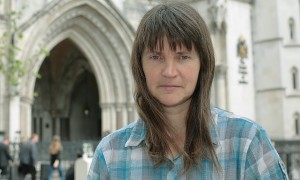
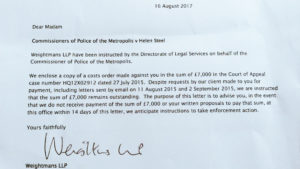 Despite the hearing lasting only about an hour, the police then claimed over £10,000 costs. Although later reduced to £7,000, the ludicrous amounts charged act as a deterrent, intimidating members of the public seeking accountability for wrongdoing committed by police officers. The threat of such an award can be used by the police as a means to intimidate people out of seeking redress.
Despite the hearing lasting only about an hour, the police then claimed over £10,000 costs. Although later reduced to £7,000, the ludicrous amounts charged act as a deterrent, intimidating members of the public seeking accountability for wrongdoing committed by police officers. The threat of such an award can be used by the police as a means to intimidate people out of seeking redress.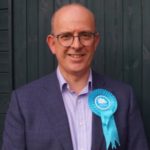 Former undercover police officer
Former undercover police officer 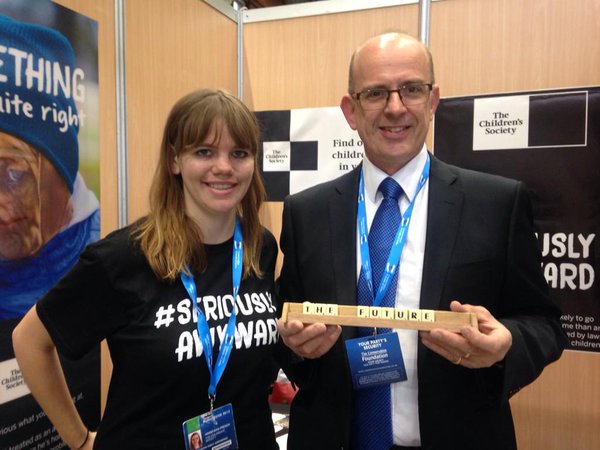
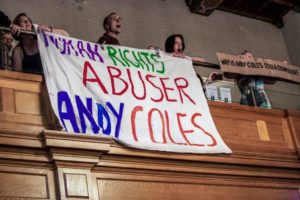
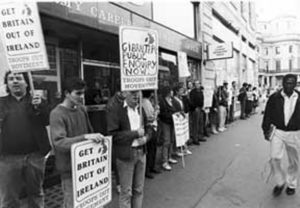
 More than
More than 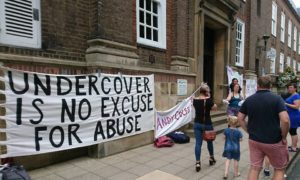
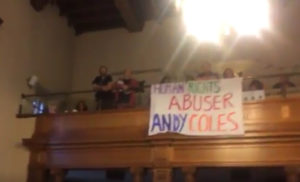 A banner painted by Jessica herself was hung from the public gallery saying HUMAN RIGHTS ABUSER ANDY COLES.
A banner painted by Jessica herself was hung from the public gallery saying HUMAN RIGHTS ABUSER ANDY COLES.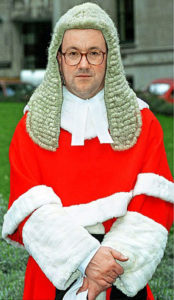
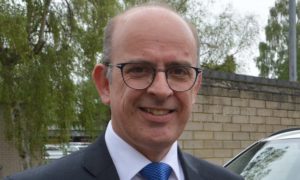
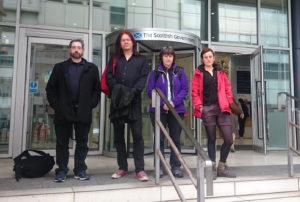
 People spied upon by Britiain’s political secret police in Scotland are boycotting the forthcoming Scottish review of the issue, saying ‘it cannot be trusted’ and branding it ‘pointless’.
People spied upon by Britiain’s political secret police in Scotland are boycotting the forthcoming Scottish review of the issue, saying ‘it cannot be trusted’ and branding it ‘pointless’.